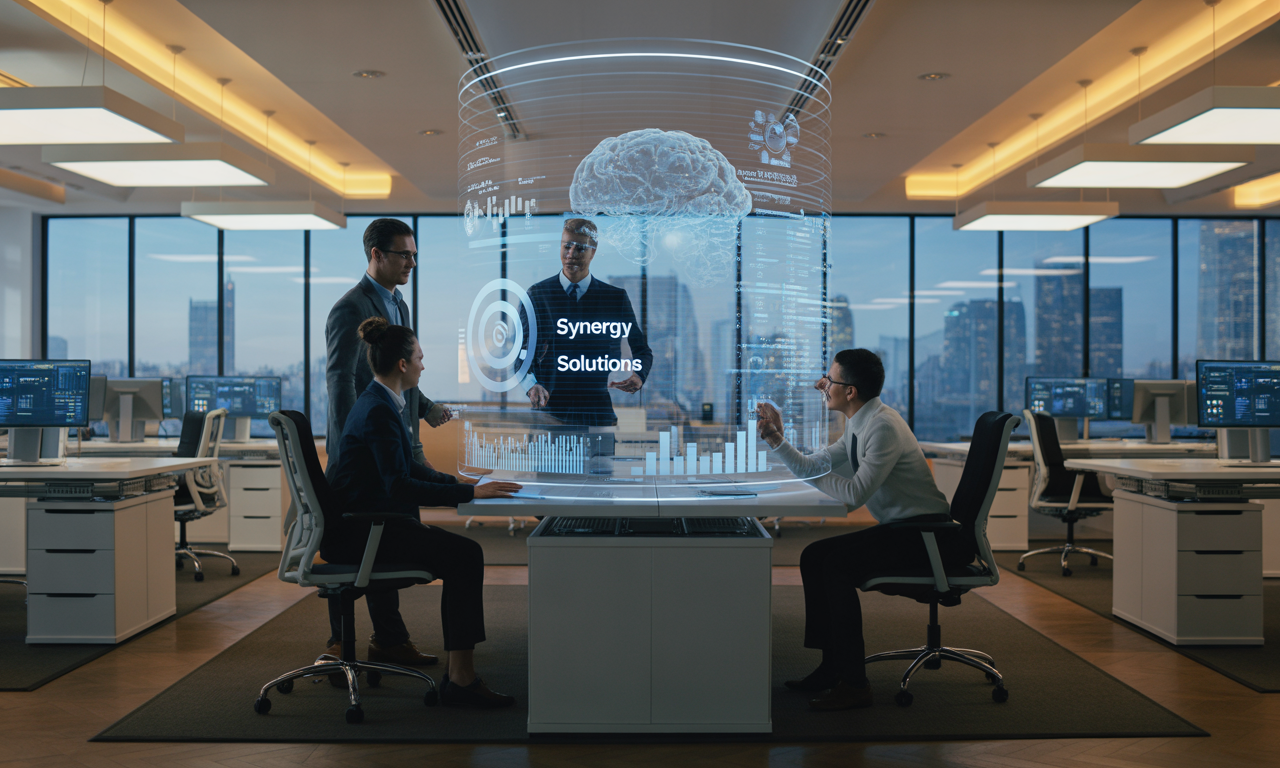AI & Organizational Culture- Are Our Values Ready for the Future?

As part of my ongoing research into the future of work, I've been exploring how artificial intelligence is reshaping not just what we do but how we do it- and what that means for the heart of our organizations: our core values and culture.
Recently, I came across some eye-opening predictions and insights from Gartner that really got me thinking about the opportunities and challenges ahead. AI isn't just automating tasks; it's fundamentally changing how organizations are structured, decisions are made, and how we connect.
Organizations Flattening
- By 2026, will use AI to eliminate over half of middle management positions
Employee Monitoring
- Of large enterprises will use AI to monitor employee moods by 2028
AI in Governance
- Of global boards will use AI to challenge executive decisions by 2029
Gartner predicts that by 2026, 20% of organizations will use AI to flatten their structures, eliminating more than half of the current middle management positions. That's not just a shift in hierarchy, it's a complete reimagining of how work gets done. With AI automating reporting, scheduling, and performance monitoring, managers are freed up for more strategic, creative, and value-added work.
But what happens to culture in a flatter, faster organization? The role of HR and leadership is evolving fast: it's now about redeploying talent, building trust, and guiding people through change. Transparency, communication, and clarity become even more critical as traditional support structures shrink.
By 2028, Gartner expects that 40% of large enterprises will use AI to monitor and influence employee moods and behaviors. Imagine tools that can analyze workplace chats and emails to give real-time insights into your culture's feelings, allowing leaders to spot trends, address concerns, and increase morale before issues escalate.
This sounds powerful, but it raises big questions: How do we balance these new capabilities with privacy and ethics? How do we ensure that technology serves our values, not the other way around?
Looking even further ahead, Gartner predicts that by 2029, 10% of global boards will use AI guidance to challenge executive decisions on material business issues. AI's ability to analyze massive amounts of data and surface hidden patterns means that decisions will be more data-driven than ever.
Still, leaders also need to be ready to explain and defend their choices in new ways.
What Does This Mean for Our Values and Culture?
Transparency and Trust
- As AI becomes more embedded, organizations will need to be more transparent about how AI is used, what data is collected, and how decisions are made.
Adaptability
- With roles and structures changing rapidly, a culture that embraces learning and flexibility will thrive.
Ethics and Inclusion
- AI is only as good as the humans behind it. We must be vigilant about bias, fairness, and the human impact of every tech-driven decision.
Human Connection
- Even as AI handles more of the routine, the need for empathy, creativity, and authentic connection will only grow.
For me, the most exciting (and sometimes daunting) part of this AI-driven future is the chance to reexamine what really matters in our organizations. Are our values just words on a wall, or are they lived out in how we adopt and use technology? Are we building cultures where both people and AI can thrive together?
If you're navigating these changes or just curious about how to keep your culture strong in the age of AI, I'd love to connect. Let's keep the conversation going and ensure our values don't just survive but lead the way.
References:
- Gartner: Transforming Work-Gartner's AI Predictions Through 2029
- Gartner: AI in HR-How AI Is Transforming the Future of HR
- Gartner: How to Shift Organizational Culture to Embrace AI
What's your experience with AI and workplace culture? Hit reply or connect with me, I'd love to hear your thoughts!


